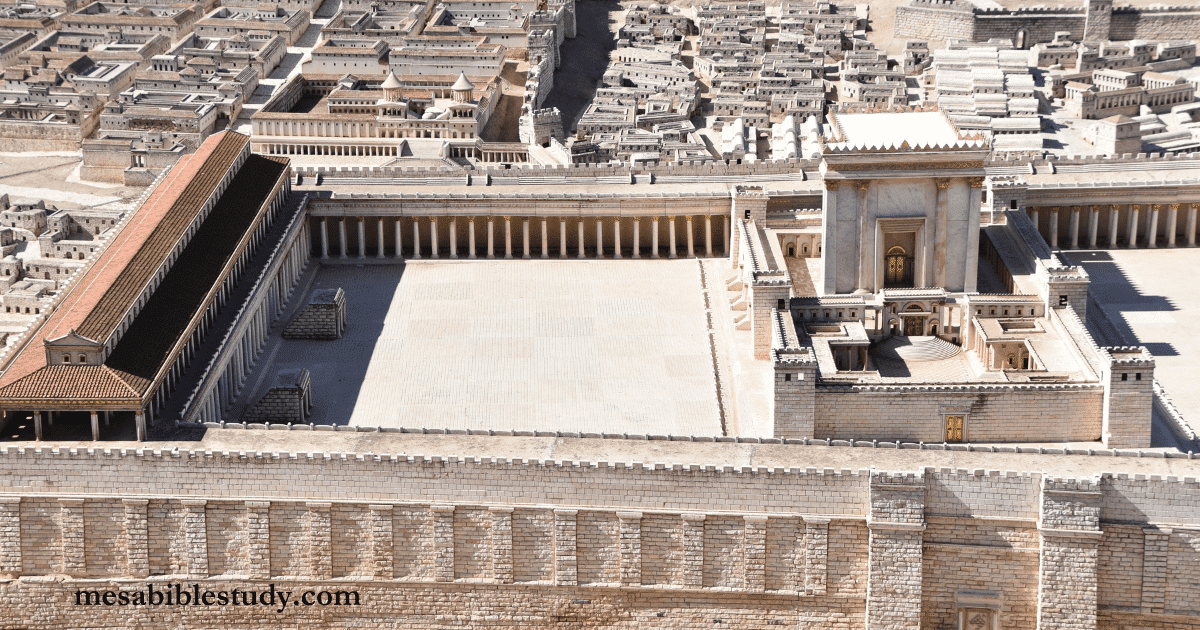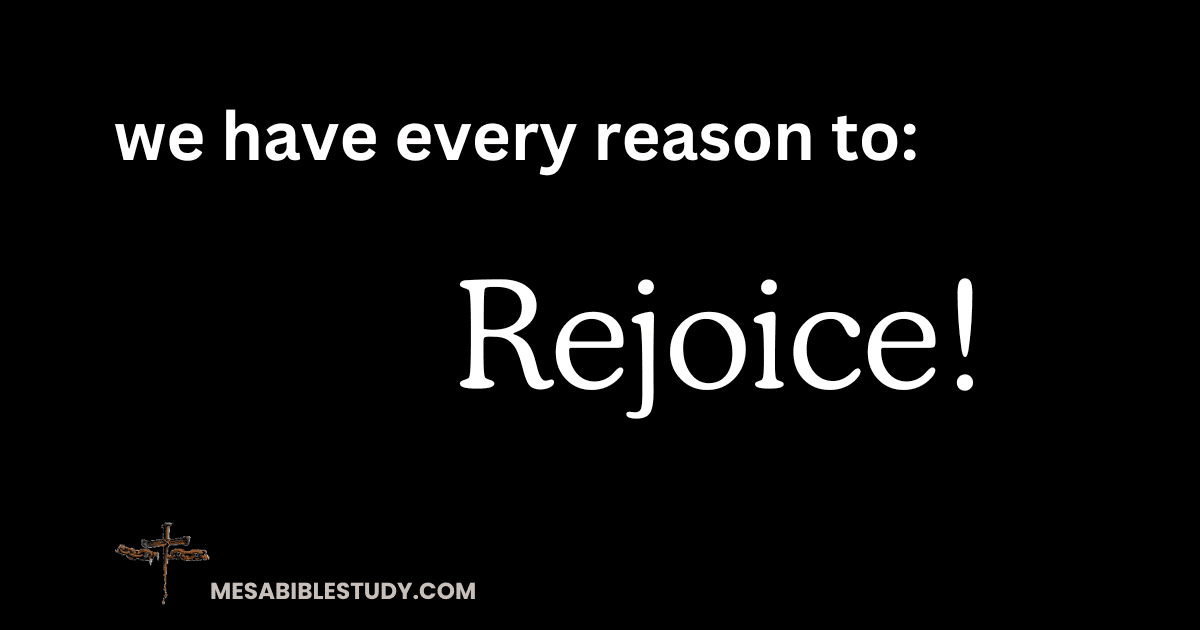“To everything there is a season, a time for every purpose under heaven—a time to heal.” (Ecclesiastes 3:1, 3) Life has a way of leading us through unexpected seasons. For me, these past few months have been a time of overwhelming challenges and…
Daily Encouragement
Be Encouraged: Rejoice, Pray, Give Thanks
In 1 Thessalonians 5:16-18, the Apostle Paul encourages believers with three powerful exhortations: “Rejoice always, pray without ceasing, in everything give thanks; for this is the will of God in Christ Jesus for you.” These verses form a simple yet profound guide…
Peter and Paul: Distinctions in Audience and Message
Introduction Understanding these distinctions is not just a matter of historical or theological interest but is crucial for rightly dividing the Word of Truth and grasping the full scope of God’s plan of redemption. The Bible is a progressive revelation,…
Have You Decided to Know Nothing but Christ Crucified?
‘And I, brethren, when I came to you, did not come with excellence of speech or of wisdom declaring to you the testimony of God. For I determined not to know anything among you except Jesus Christ and Him crucified. I was with you in weakness, in fear, and in…
Israel’s Restoration and Promised Messianic Kingdom
Ezekiel 48:30-35 describes the gates of the city in the vision of the future temple and the division of the land among the tribes of Israel. This is commonly understood to refer to the millennial kingdom, a future 1,000-year reign of Christ on Earth, as described in…
We are Crucified, Buried, Risen with Christ
Romans 6:6 tells us, ‘knowing this, that our old self (our sin nature we are all born with) was crucified with Him in order that our body of sin might be done away with, so that we would no longer be slaves to sin;’ The Doctrine of Identification is truly…
The Might of Israel’s Army: Mess Around and Find Out
Ezekiel 37:10 “So I prophesied as He commanded me, and breath came into them, and they lived, and stood upon their feet, an exceedingly great army.” “No cry for the demise of Israel, no matter how loud or persistent, can alter the course set…
God’s Promise to David: Royal Lineage and Eternal Kingdom
Introduction In 2 Samuel 7:8-16 (around 1000 BC) God makes a remarkable promise to King David, one that holds significant implications for the future of Israel and the world. This promise goes beyond the construction of a temple or physical structure; it…
Rejoice! God’s Sovereignty and Love Secure Our Salvation
Rejoice! Our God is truly awesome—sovereign over all things, mighty, and majestic. He intercedes for us as our Advocate before the Father, a thought that should fill us with awe. Imagine, at this very moment, God the Son is advocating for us, defending us against the…
Daily Cleansing Through God’s Word is Necessary
As believers, we live and navigate in an ungodly world filled with temptations and sin. Daily immersion in God’s Word is crucial for our spiritual cleansing, staying aligned with His will, and ongoing sanctification. This post looks at the importance of studying the…









